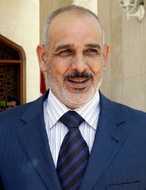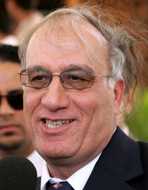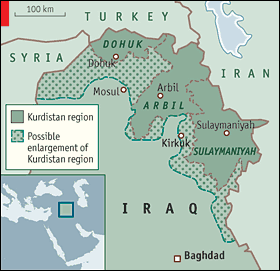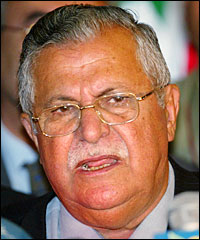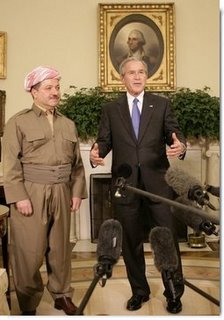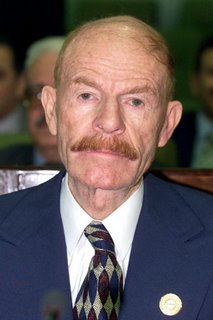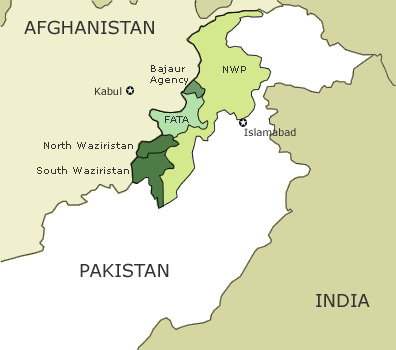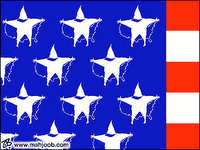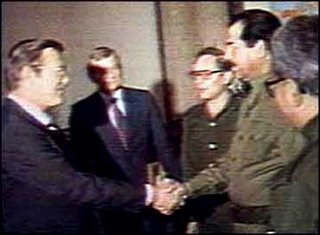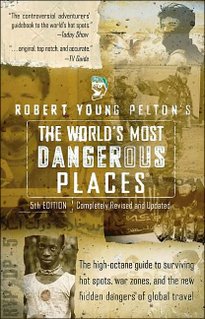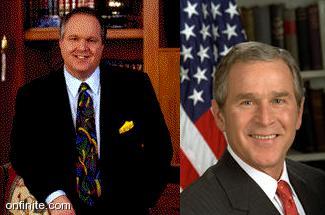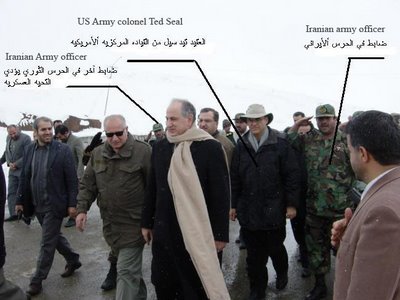
The neoconservatives don't play much of a role in this account, which is a military history and a fair reflection of what were the forces that led us to this outcome, but one place where [they do] is almost like a Marx Brothers movie in the middle of this great story of the war. That is, the decision at the last minute to bring in a small number of Chalabi's soldiers so there could be an Iraqi face to the invasion. Then at the last minute, without anyone's knowledge -- not our own military commanders, apparently -- Chalabi himself was flown in. Talk a little about that, because he was an embodiment of the neoconservative idea, that this would become a transformation of Iraq.
Well, it's a really odd episode that I was able to report on the record, because I interviewed the American military officer who was the liaison with Chalabi. An American Army colonel, Ted Seal, was assigned to be with Chalabi and his fighters as a liaison officer, and every day he would get on the phone and report back to CENTCOM the status of Chalabi's fighters, unvetted. A lot of them were from Iran, by the way -- Iraqis who had fled to Iran. One day he gets an instruction to call General Abaziad, who is now the central commander, but he was then General Franks' deputy. General Abaziad says, "How many fighters does Chalabi have?," and this was at the time when we were coming up against the Fedayeen, it was getting a little tougher, the fall was going on, people were getting a little nervous about how this is going. Colonel Seal said, "Well, I'll ask him, he's standing right next to me." He said, "Ahmed, how many fighters do you have?" He said, "I have a thousand." So, Seal gets on the phone, "Uh, seven hundred." And they said, "Well, we'll fly them down there."
And so, it was agreed that they would be flown down to Talil and they would be kind of an Iraqi "Free French"-type force, you know, the Iraqi freedom fighters, and they would join us and they would speak the language at least, and they would be Iraqis, and forces that were reluctant to surrender to the Americans might surrender to them. Well, it emerged during this that Chalabi also wanted to go, and General Abaziad hadn't bargained for that. There was a discussion between [Abaziad] and Paul Wolfowitz; he didn't want to introduce a would-be politician into Iraq and take sides, but Wolfowitz's point was basically, "You're the guy that asked for his fighters and the fighters want their leader." So, they all do go down to Talil, they end up playing no constructive role in the war whatsoever, and Chalabi uses the opportunity to go to Nasariya and start making speeches. It's one of the little known but very interesting sub-themes in this war.
and
Chalabi got rid of his forces [mostly from Kurds and Iraqi refugees in Iran], and he brought another forces we don’t know them, or where they came from.
We where not allowed to have any contact with them, all what we saw is; they leave their camp [in Al-sayd club in Baghdad] in the evening and come back next day in the early morning, later we knew they had a death-list, this is the beginning of the “Death-Squads”.
Are they under the US command or Iranian command? I don’t know
